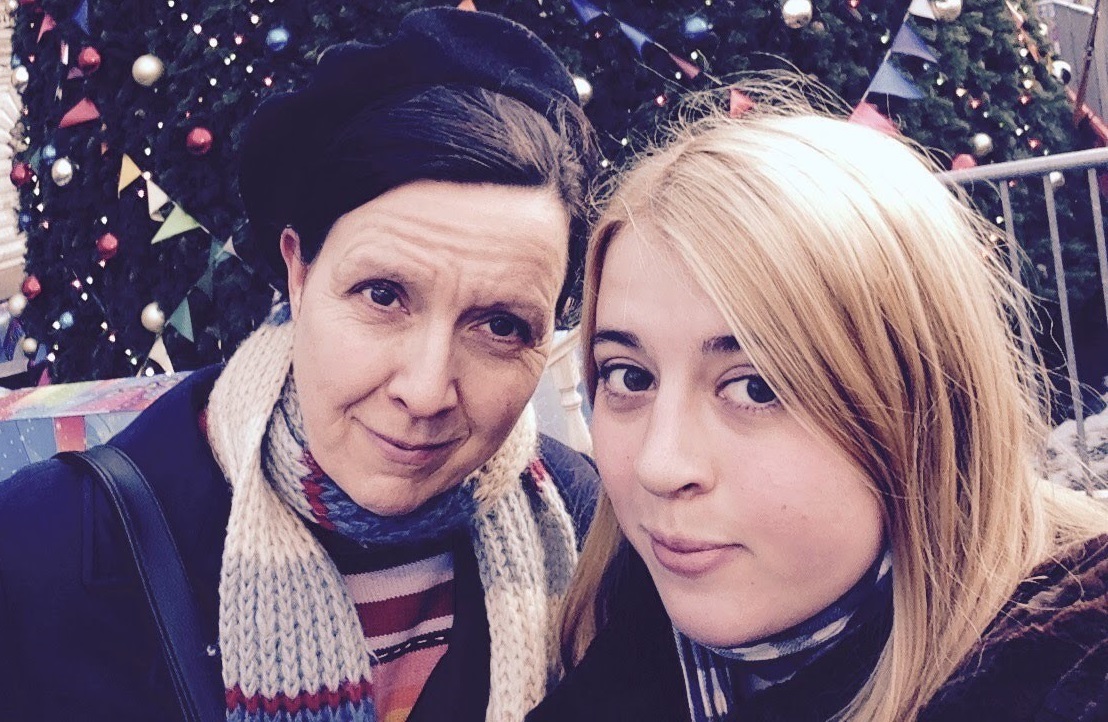Family urges people to confirm their organ donation decision two years on from law change
Max and Keira’s Law saw England change to an ‘opt out’ system for organ donation on 20 May 2020.
Two years on from the introduction of the Organ Donation (Deemed Consent) Act 2020 (also known as Max and Keira’s Law) in England, the family of Niamh Radosavljevic are calling for people to register their organ donation decision and talk about it with those closest to them.
This is the best way to leave your loved ones certain about what you want to happen after your death.
 The latest figures
The latest figures
- Figures up to 30 April 2022 show 640 people in England have donated their organs after being considered as willing to donate as they had not expressed an organ donation decision
- These donations account for 29% of all 2,228 donations that took place during the same time period and resulted in 1,540 organs transplanted [1]
Minister for Patient Safety and Primary Care, Maria Caulfield, said:
“Changing the law has allowed more people access to a lifesaving organ transplant, and thousands of donations have since been made.
“If you have not yet done so register your decision and have conversations with your family and loved ones to ensure they are aware of your preferences.
“With thousands of people currently waiting for a transplant, these selfless acts will ensure we can continue to save lives as well as tackle the COVID-19 backlog.”
Register your decision to leave your loved ones certain
A recent survey carried out by NHS Blood and Transplant found that 14% of adults who had heard of the NHS Organ Donor Register but who hadn’t registered their decision, hadn’t done so because they believed there was no longer any need [2].
Yet families will still always be consulted before organ donation goes ahead and data shows that families are still most likely to support donation when they already know it is what their relative wanted.
Niamh's story
Niamh Radosavljevic’s family have more reason to understand the new system than most.
 Sadly, in September 2021, Niamh, 25, began to feel unwell at home in Liverpool and sent a text to her mum, asking her to return home.
Sadly, in September 2021, Niamh, 25, began to feel unwell at home in Liverpool and sent a text to her mum, asking her to return home.
Despite being rushed to hospital, Niamh had experienced a massive stroke and there was nothing the medical team could do to save her.
In the midst of the pandemic, Niamh’s family were initially unable to accompany her to hospital, but once it became clear that Niamh would not recover, the team were able to arrange for her parents, Branco and Carole, and her close friend, Fabian to spend precious days and nights alongside her.
With Niamh taken ill so suddenly, the family had no opportunity to speak about her organ donation decision.
Yet, when approached by specialist nurses for organ donation, the family believed that with her generous nature, she would have been supportive.
Although Niamh had not recorded an organ donation decision, she went on to donate five precious organs, giving five patients a new chance of life.

Niamh’s mum, Carole, explains:
“Niamh was a kind, caring and health-conscious young woman who would do anything for anyone.
She brought so much joy to everyone who knew her. She was always helping others be the best that they can be.
"You suddenly find yourself looking back over all the snippets of conversations you’ve had over the years and even though we hadn’t had a specific conversation about organ donation, we knew that she would want to be able to help others."
Don’t put it off. You never know when it might be your last opportunity.Carole
Niamh's mum
“We hope by sharing our story others might be encouraged to have the conversation.
"Speak with your family today, make sure you all know each other’s decision.
"Please just take a moment to have that conversation and ensure you know what each other want to happen.”
Families will still be consulted
Anthony Clarkson, Director of Organ and Tissue Donation and Transplantation, at NHS Blood and Transplant, said:
“Even though the law has changed, families will still always be consulted before organ donation goes ahead. Therefore, it is as important as ever to record a decision on the NHS Organ Donor Register and share with family and friends. One donor can save or transform up to nine lives.
“Niamh’s family took a decision to donate their daughter’s organs at an incredibly difficult time. I want to give my sincere thanks to them. Their decision gave five patients a new chance of life.”
Prior to the law change, around 80% of people in England said that they supported organ donation in principle, but only 38% had actually recorded their decision to donate. When asked, the majority said they just hadn’t got around to it.
With more people waiting for transplant and numbers expected to continue to rise, after the risks of immunosuppressing patients halted many transplants over the past two years, everyone is urged to have the conversation and register their decision.
It takes just two minutes to register your organ donation online, or alternatively you can call 0300 123 23 23.
NHS app users can also use the service to record, check or update their organ donation decision.


